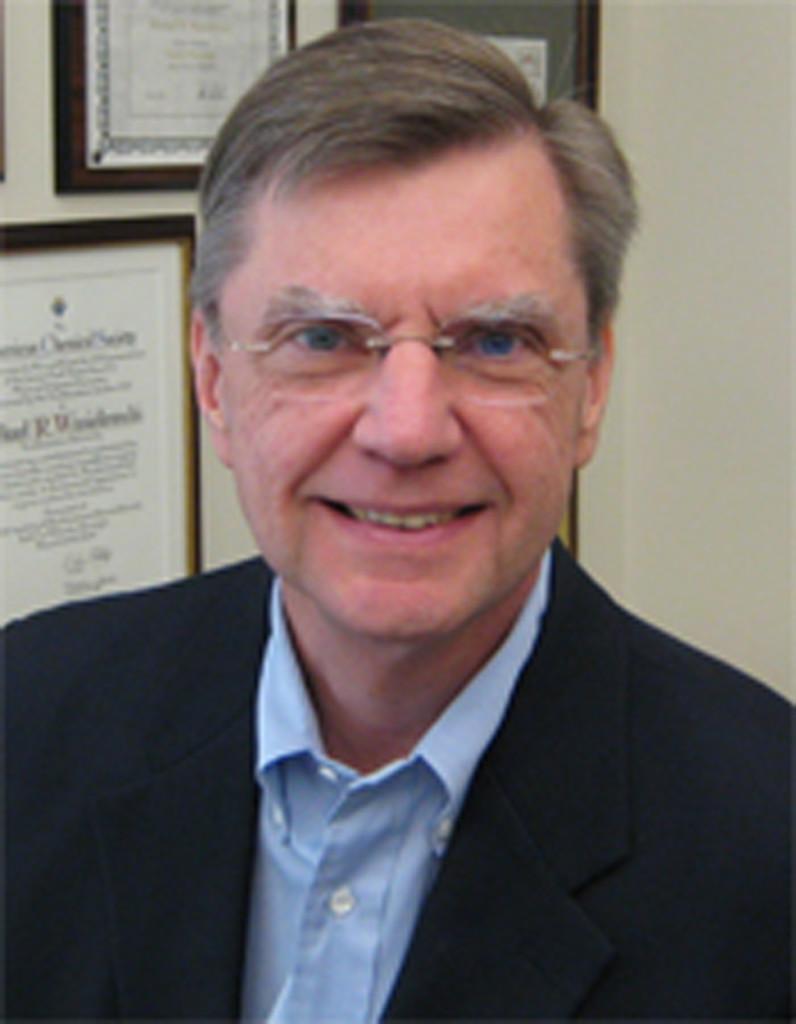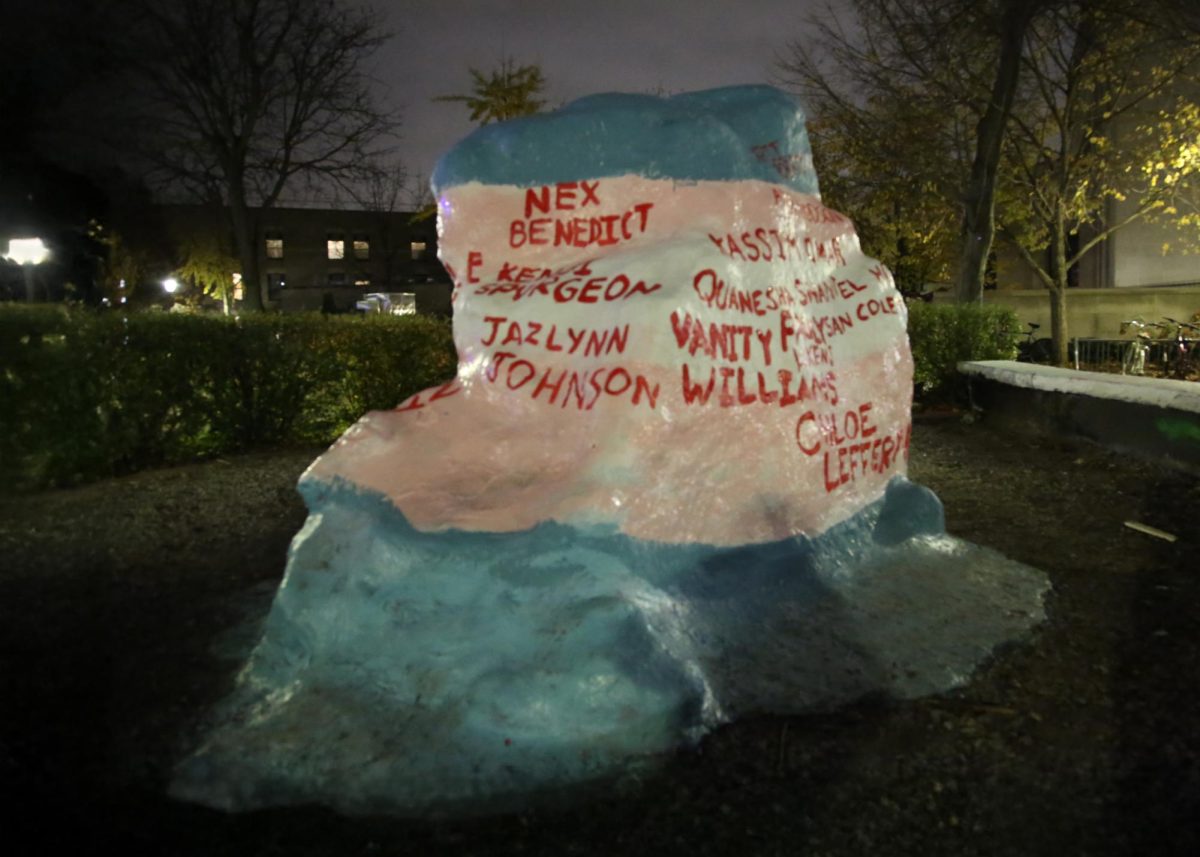The Initiative for Sustainability and Energy at Northwestern has now become an institute, complete with a new executive director and plans for expanded research and facilities.
ISEN, now the Institute for Sustainability and Energy, was launched in 2008 by former University President Henry Bienen as a five-year initiative. Now that those five years have passed, the program has been revamped to include a larger focus on energy research.
“We wanted to really up our game a lot,” said chemistry Prof. Mark Ratner, a co-director of ISEN.
Ratner said ISEN initially consisted of three components: education, outreach and research. But for the last five years, the research component has been limited to beginning studies and pilot projects. Now, ISEN will support much larger projects, with new research facilities currently under construction at the Technological Institute that will host NU and visiting scholars.
“ISEN has grown into a much larger and, I think, much more effective operation that will really address some of the crucial research topics out there in the whole energy and sustainability landscape,” Ratner said.
ISEN also adopted chemistry Prof. Michael Wasielewski as its new executive director this year. Wasielewski, who also serves as the director of Argonne-Northwestern Solar Energy Research Center and the Solar Fuels Institute, will bring his expertise in solar energy to the program, Ratner said.
“Given that Michael was one of the leading researchers at Northwestern in the area of energy research, it was a natural fit,” said earth and planetary sciences Prof. Brad Sageman, a fellow co-director.
Ratner said the new research facilities are expected to open in 2014. Once completed, the space will function as a laboratory for NU researchers of all academic disciplines and visiting scholars to collaboratively work on energy and sustainability research initiatives.
“Research is sort of the beating heart of the institution, so it makes sense to strengthen the research core of ISEN,” Sageman said. “But that doesn’t mean that it won’t continue to do the other things that it does, which are education and outreach.”
The education sector of ISEN includes both graduate and undergraduate classes ranging from introductory courses to collaborative courses with Kellogg. Sageman said it is important to promote education and research about sustainability issues because of the potential impact energy use can have on climate change.
“I got to believe that the future has possibility,” he said. “If my children and grandchildren are going to enjoy the same kind of wonderful world that I’ve grown up in with all of its opportunities and all of its beauty, we’re going to have to solve this problem.”
Email: [email protected]
Twitter: @amykwhyte













